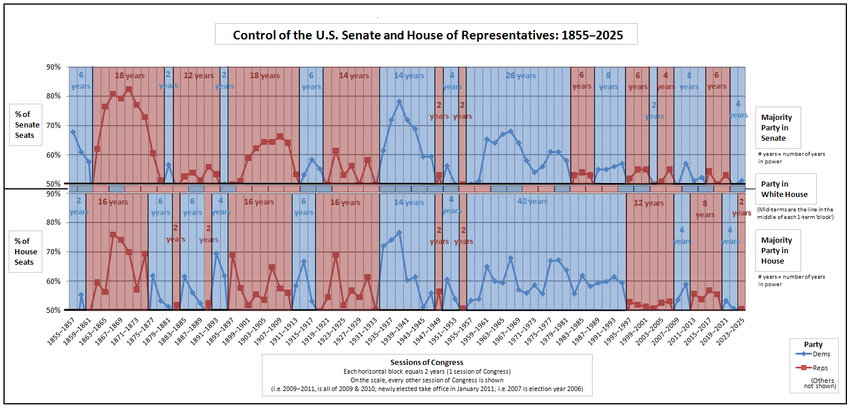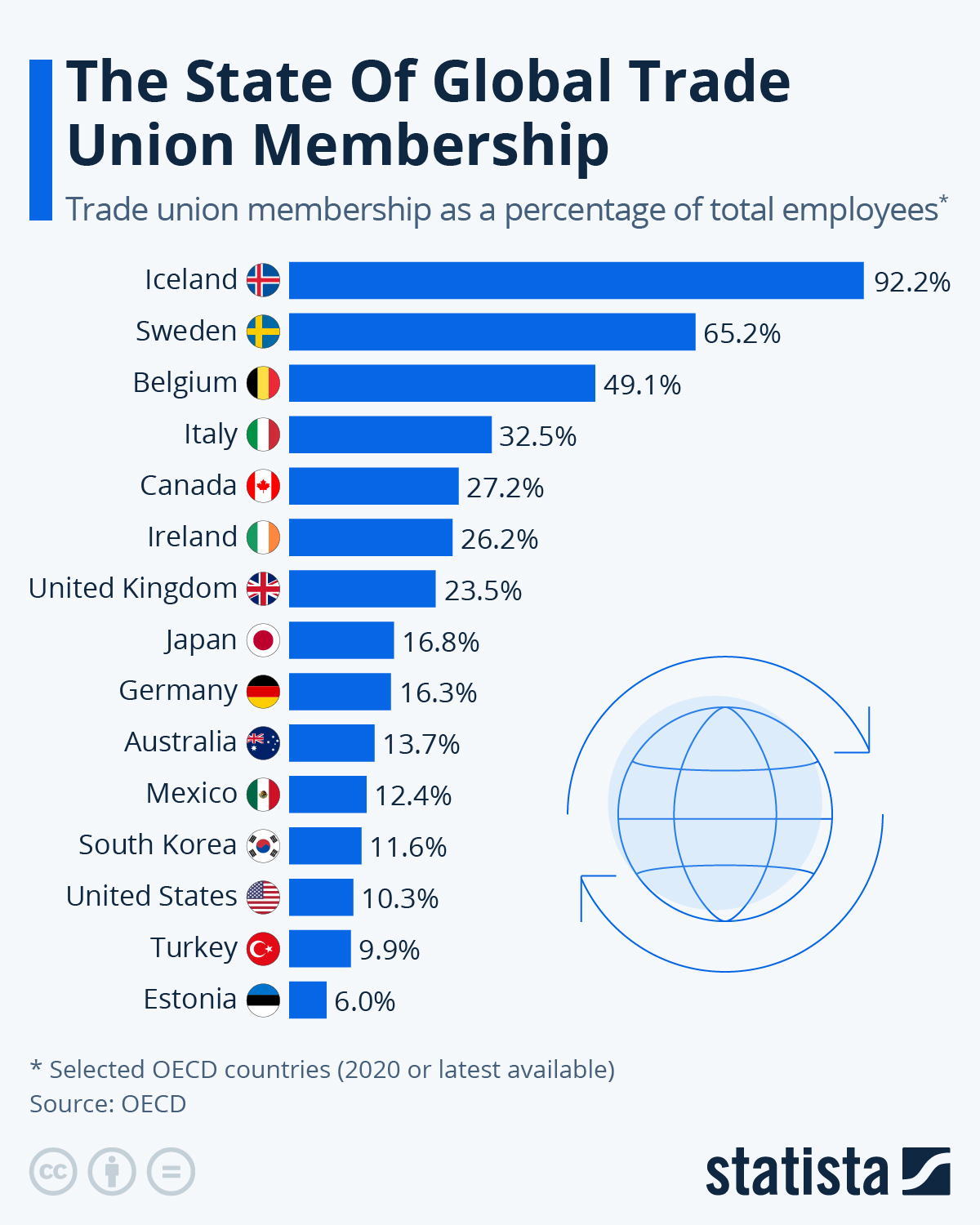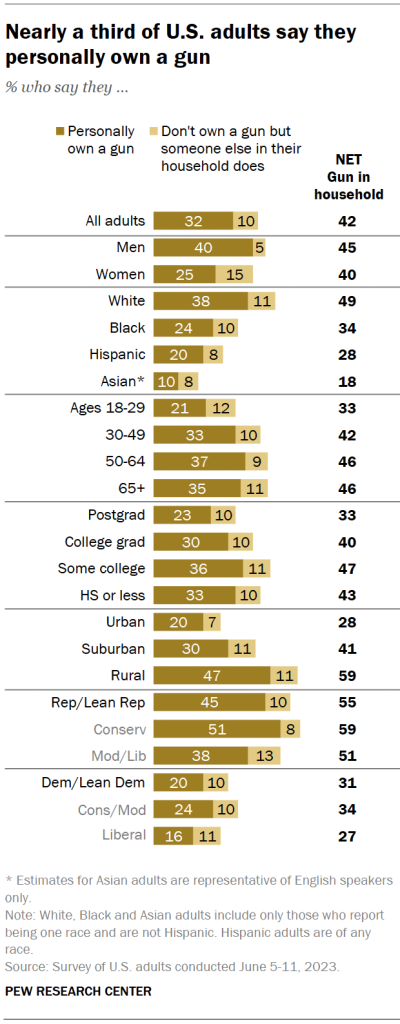Presentations:: Lily, David, Sydney,
Monday: Zoe, Zoey, and Reese
For Monday: Miller, ch. 1-5.
On 1/23/1941, Charles Lindbergh testified before the House Foreign Affairs Committee, calling for a negotiated peace with Hitler. He had this exchange with Rep. Luther Johnson (D-TX):
Madison did stress the importance of interest as a political motive. From Federalist 10:
But the most common and durable source of factions has been the various and unequal distribution of property. Those who hold and those who are without property have ever formed distinct interests in society.
But Madison thought that there was much more to human nature. From Federalist 55:
As there is a degree of depravity in mankind which requires a certain degree of circumspection and distrust, so there are other qualities in human nature which justify a certain portion of esteem and confidence. Republican government presupposes the existence of these qualities in a higher degree than any other form.
- Curiosity
- Irreverence
- Imagination
- A sense of humor
- A bit of a blurred vision of a better world
- An organized personality
- A well-integrated political schizoid
- Ego
- A free and open mind, and political relativity
- Communication
1. You are an Organizer.
2. Things are always great. Be positive.
3. Think with your head: be driven by your heart.
4. People will come to the campaign for Barack. They stay because of you.
5. Empower yourself and others will be empowered.
6. Respect your community and your coworkers.
7. NEVER lie.
8. The phone is your greatest tool and your best friend.
9. If it is not written down, it does not exist.
10. Campaigns are won when goals are met.
11. Have goals. Be accountable. Make others accountable.
12. “Some” is not a number, “soon” is not a time. Only hard numbers count.
13. Keep it simple.
14. Listen actively.
15. Time is the most valuable resource you have. Don’t waste it.
16. Have a back-up plan for every situation.
17. Look and act professional. You are Barack’s surrogate in your community.
18. When you’re not working, remember that the other side is.
- RULE 1: Power is not only what you have, but what the enemy thinks you have.
- RULE 2: Never go outside the experience of your people
- RULE 3: Whenever possible, go outside the experience of the enemy
- RULE 4: Make the enemy live up to their own book of rules.
- RULE 5: Ridicule is man’s most potent weapon.
- RULE 6: A good tactic is one that your people enjoy. (compare with p. 139-41)
- RULE 7: A tactic that drags on too long becomes a drag.
- RULE 8: Keep the pressure on, with different tactics and actions, and utilize all events of the period for your purpose.
- RULE 9: The threat is usually more terrifying than the thing itself.
- RULE 10: The major premise for tactics is the development of operations that will maintain a constant pressure upon the opposition.
- RULE 11: If you push a negative hard and deep enough it will break through into its counterside.
- RULE 12: The price of a successful attack is a constructive alternative.
- RULE 13. Pick the target, freeze it, personalize it, and polarize it.






